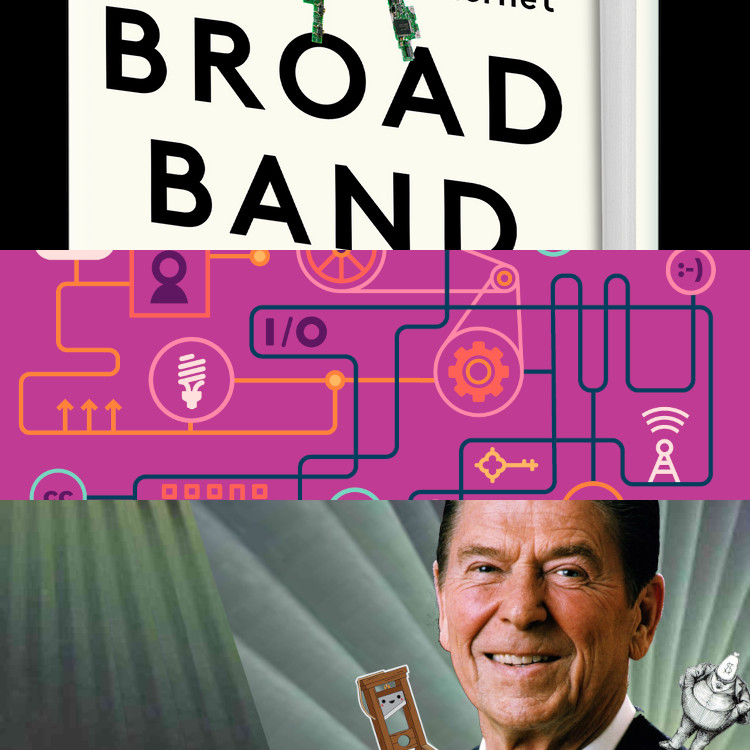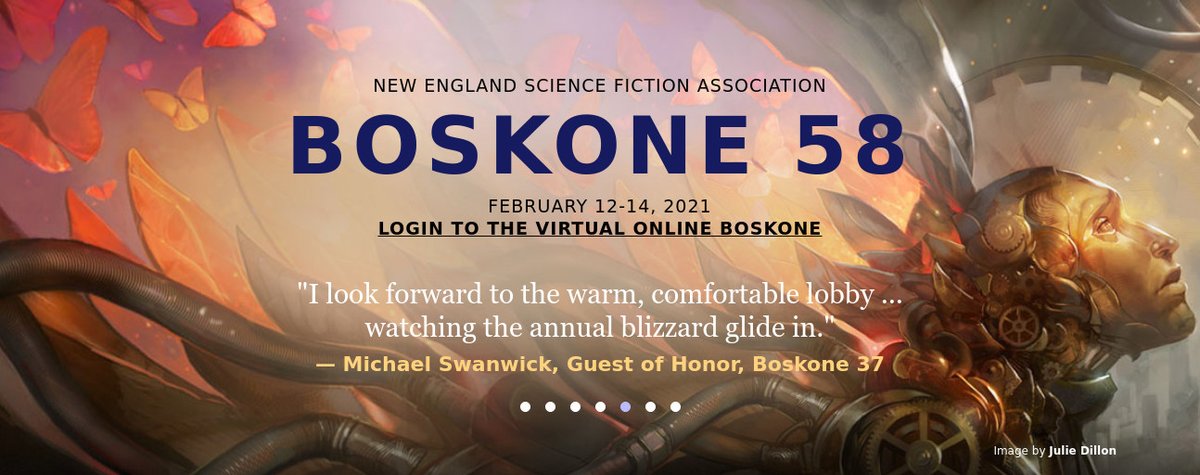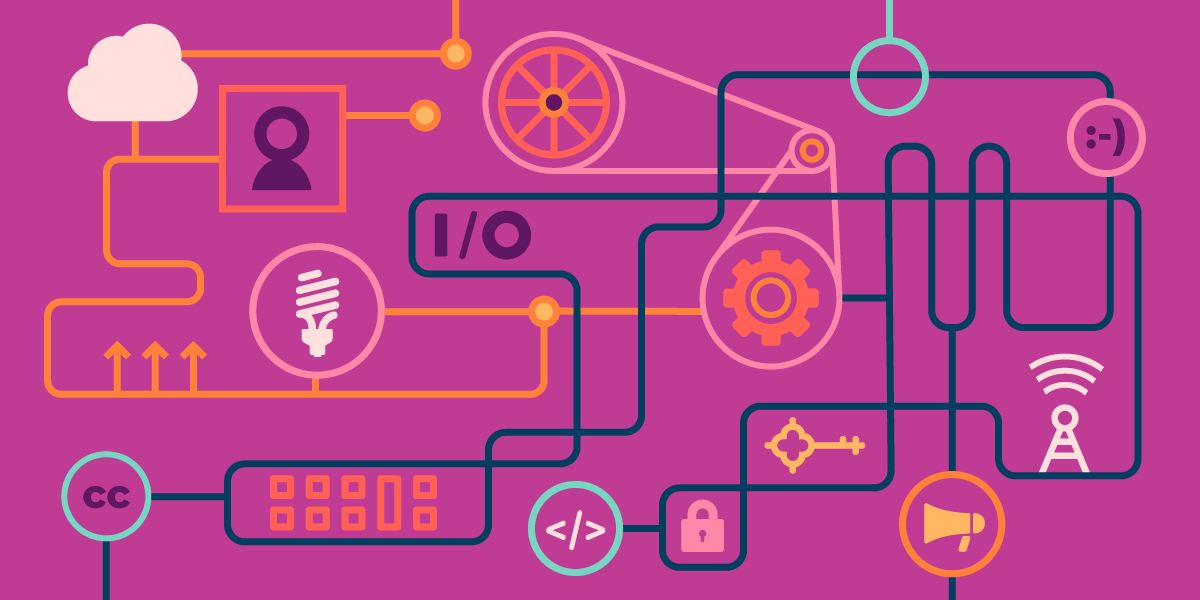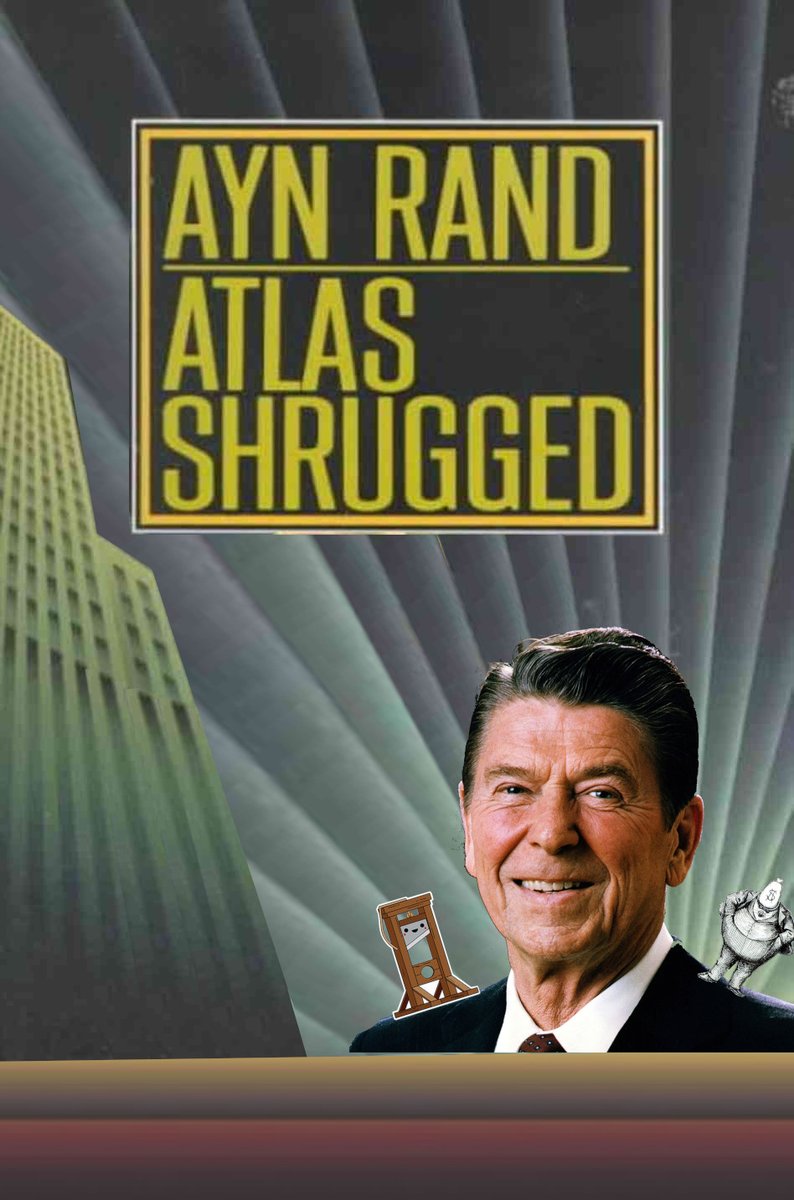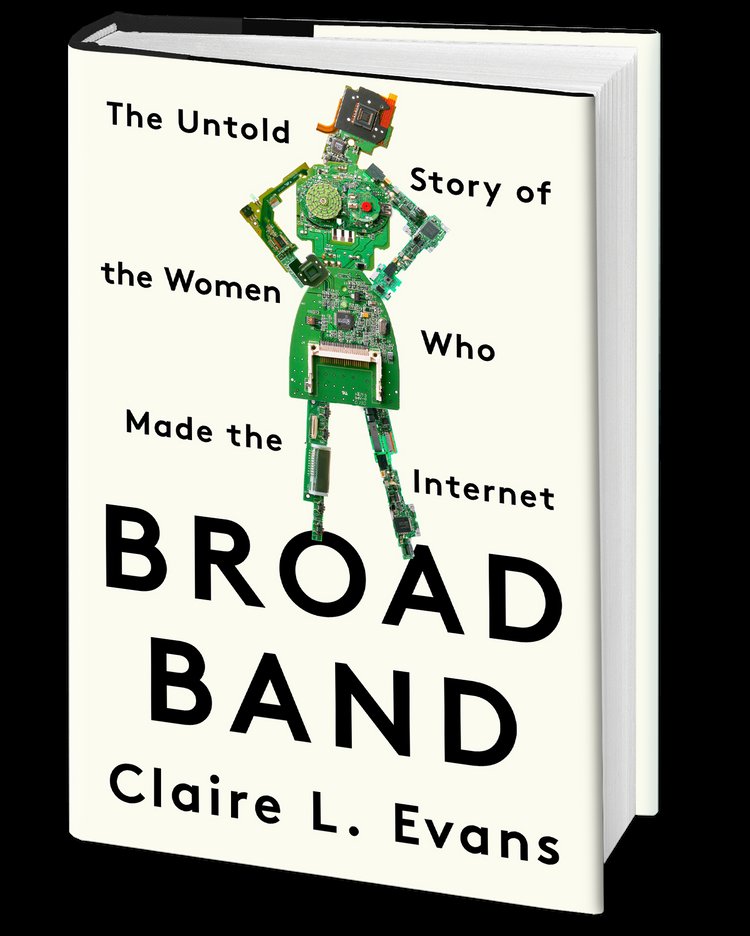
Today's Twitter threads (a Twitter thread).
Inside: Dependency Confusion; Adam Curtis on criti-hype; Catalytic converter theft; Apple puts North Dakota on blast; and more!
Archived at: pluralistic.net/2021/02/11/rho…
#Pluralistic
1/
Inside: Dependency Confusion; Adam Curtis on criti-hype; Catalytic converter theft; Apple puts North Dakota on blast; and more!
Archived at: pluralistic.net/2021/02/11/rho…
#Pluralistic
1/

This weekend, I'll be participating in Boskone 58, Boston's annual sf convention, where I'm doing panels and a reading.
boskone.org
2/
boskone.org
2/
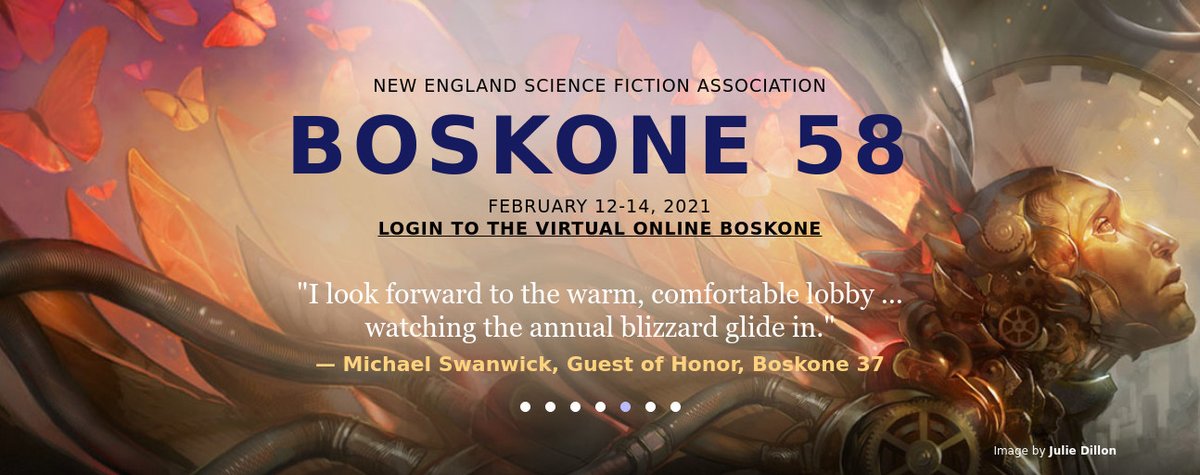
Dependency Confusion: A completely wild supply-chain hack.
3/
https://twitter.com/doctorow/status/1359633093569650689
3/

Adam Curtis on criti-hype: Big Tech as an epiphenomenon of sociopathic mediocrity, not supergenius.
4/
https://twitter.com/doctorow/status/1359900280167432193
4/
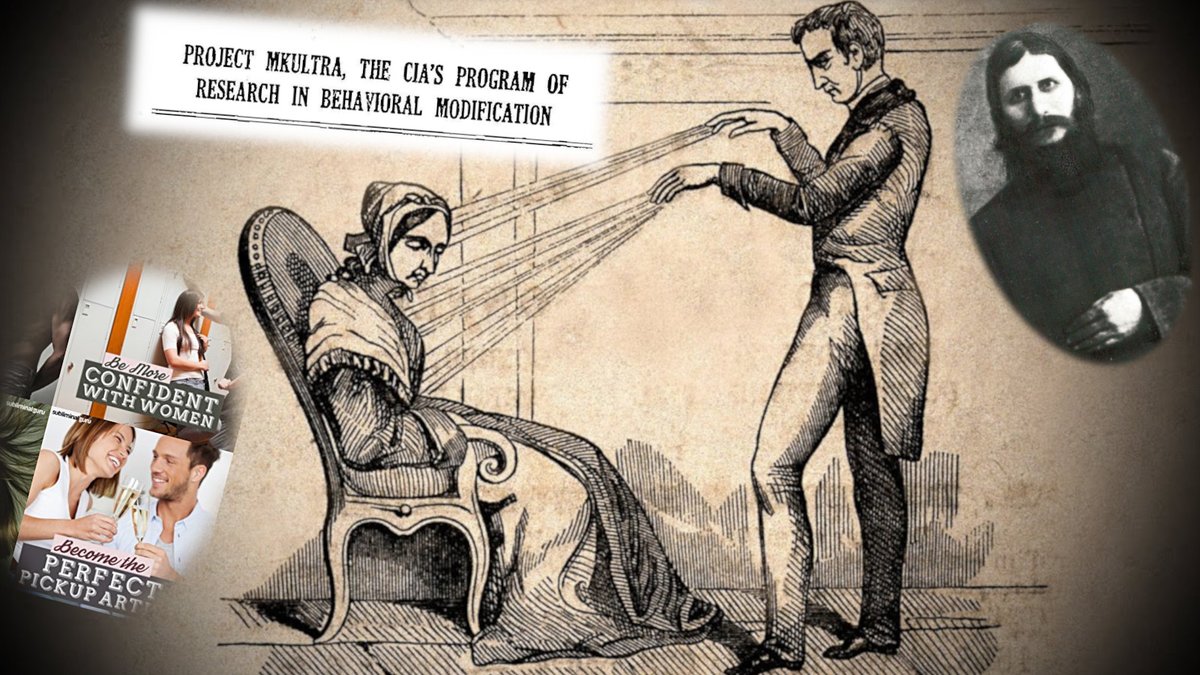
Catalytic converter theft: Rhodium at $21,900/oz.
5/
https://twitter.com/doctorow/status/1359923389532524545
5/
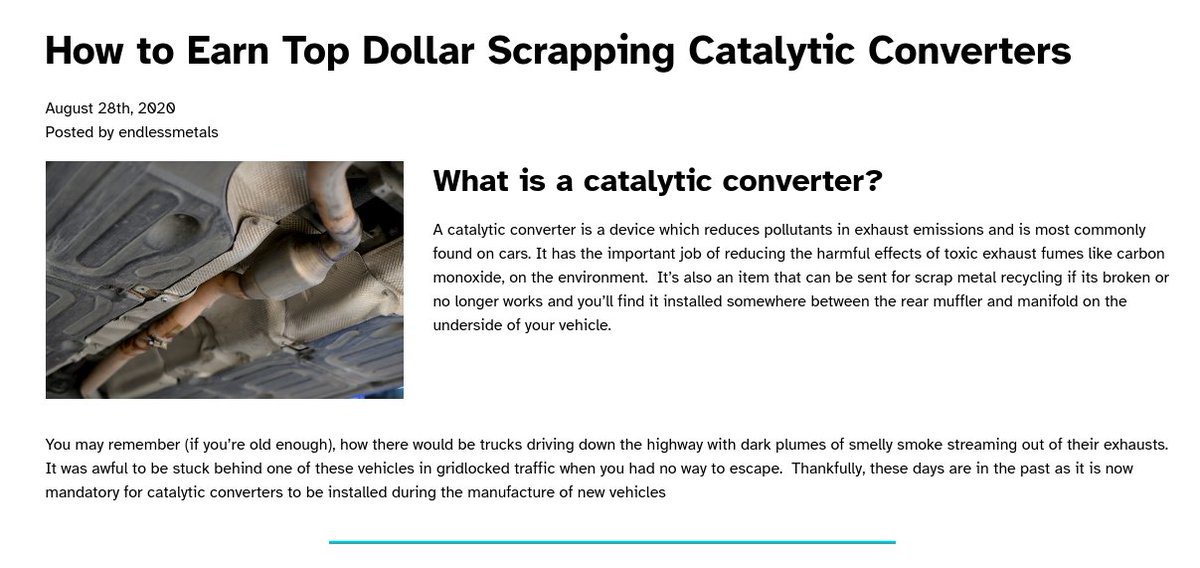
Apple puts North Dakota on blast: Stop thinking different!
6/
https://twitter.com/doctorow/status/1359940794774290432
6/
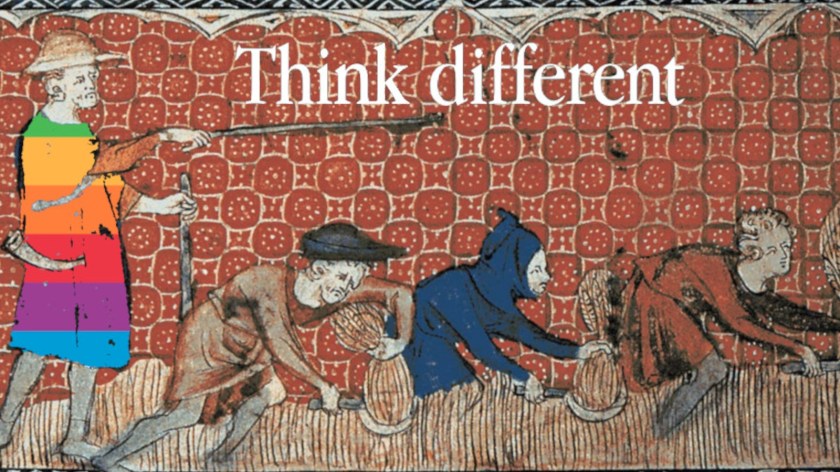
#15yrsago Open Source Hardware Definition turns 1.0 freedomdefined.org/OSHW
#10yrsago Steampunk fetish mask with ear-horn bob-basset.livejournal.com/156159.html
#5yrsago Facebook’s “Free Basics” and colonialism: an argument in six devastating points theatlantic.com/technology/arc…
7/
#10yrsago Steampunk fetish mask with ear-horn bob-basset.livejournal.com/156159.html
#5yrsago Facebook’s “Free Basics” and colonialism: an argument in six devastating points theatlantic.com/technology/arc…
7/

#5yrsago UK surveillance bill condemned by a Parliamentary committee, for the third time wired.co.uk/article/strasb…
#5yrsago Disgraced ex-sheriff of LA admits he lied to FBI, will face no more than 6 months in prison latimes.com/local/lanow/la…
8/
#5yrsago Disgraced ex-sheriff of LA admits he lied to FBI, will face no more than 6 months in prison latimes.com/local/lanow/la…
8/

#5yrsago Celebrate V-Day like an early feminist with these Suffragist Valentines lwv.org/blog/votes-wom…
#5yrsago Haunted by a lack of young voter support, Hillary advertises on the AOL login screen washingtonexaminer.com/tag/hillary-cl…
9/
#5yrsago Haunted by a lack of young voter support, Hillary advertises on the AOL login screen washingtonexaminer.com/tag/hillary-cl…
9/

Yesterday's threads: Crooked cops play music to kill livestreams; Duke is academia's meanest trademark bully; Tory donors reap 100X return on campaign contributions; A criminal enterprise with a country attached; and more!
10/
https://twitter.com/doctorow/status/1359543625978290176
10/

My latest novel is Attack Surface, a sequel to my bestselling Little Brother books. @washingtonpost called it "a political cyberthriller, vigorous, bold and savvy about the limits of revolution and resistance."
Get signed books from @darkdel: darkdel.com/store/p1840/Av…
11/
Get signed books from @darkdel: darkdel.com/store/p1840/Av…
11/
My 2020 book "How to Destroy Surveillance Capitalism" is a critique of Big Tech connecting conspiratorial thinking to the rise of tech monopolies and proposing a way to deal with both:
onezero.medium.com/how-to-destroy…
Now, it's available in paperback!
bookshop.org/books/how-to-d…
12/
onezero.medium.com/how-to-destroy…
Now, it's available in paperback!
bookshop.org/books/how-to-d…
12/

My ebooks and audiobooks (from @torbooks, @HoZ_Books, @mcsweeneys, and others) are for sale all over the net, but I sell 'em too, and when you buy 'em from me, I earn twice as much and you get books with no DRM and no license "agreements."
craphound.com/shop/
13/
craphound.com/shop/
13/

Upcoming appearances:
* Boskone, 58, Feb 12-15, boskone.org
* Keynote, NISO Plus, Feb 22, niso.plus/cory-doctorow-…
* Technology, Self-Determination, and the Future of the Future (Purdue CERIAS), Feb 17, cerias.purdue.edu/news_and_event…
14/
* Boskone, 58, Feb 12-15, boskone.org
* Keynote, NISO Plus, Feb 22, niso.plus/cory-doctorow-…
* Technology, Self-Determination, and the Future of the Future (Purdue CERIAS), Feb 17, cerias.purdue.edu/news_and_event…
14/

Recent appearances:
* Chop Shop Economics soundcloud.com/chopshopeconom…
* Monocle Reads monocle.com/radio/shows/me…
* Hedging Bets on the Future (Motherboard Cyber):
play.acast.com/s/cyber/hedgin…
15/
* Chop Shop Economics soundcloud.com/chopshopeconom…
* Monocle Reads monocle.com/radio/shows/me…
* Hedging Bets on the Future (Motherboard Cyber):
play.acast.com/s/cyber/hedgin…
15/

My first picture book is out! It's called Poesy the Monster Slayer and it's an epic tale of bedtime-refusal, toy-hacking and monster-hunting, illustrated by Matt Rockefeller. It's the monster book I dreamt of reading to my own daughter.
pluralistic.net/2020/07/14/poe…
16/
pluralistic.net/2020/07/14/poe…
16/

You can also follow these posts as a daily blog at pluralistic.net: no ads, trackers, or data-collection!
Here's today's edition: pluralistic.net/2021/02/11/rho…
17/
Here's today's edition: pluralistic.net/2021/02/11/rho…
17/
If you prefer a newsletter, subscribe to the plura-list, which is also ad- and tracker-free, and is utterly unadorned save a single daily emoji. Today's is "🧙🏿♂️". Suggestions solicited for future emojis!
Subscribe here: pluralistic.net/plura-list
18/
Subscribe here: pluralistic.net/plura-list
18/
Are you trying to wean yourself off Big Tech? Follow these threads on the #fediverse at @pluralistic@mamot.fr.
Here's today's edition: mamot.fr/@pluralistic/1…
19/
Here's today's edition: mamot.fr/@pluralistic/1…
19/
Today's top sources: Waxy (waxy.org), Naked Capitalism (nakedcapitalism.com), Slashdot (slashdot.org).
eof/
eof/

• • •
Missing some Tweet in this thread? You can try to
force a refresh

